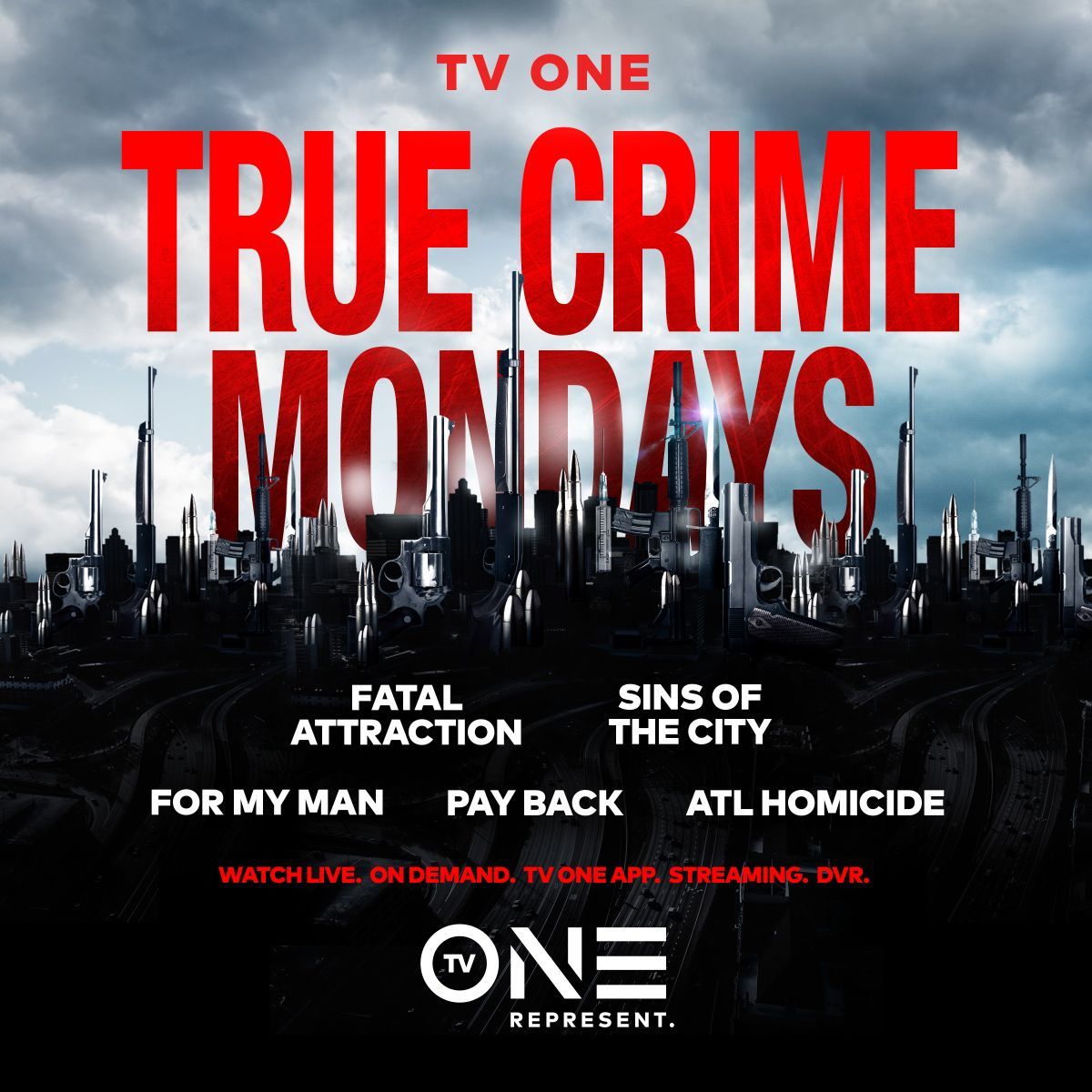The Last Bastion of Hope
Inside the Cold Case Unit with Joe Giacalone
If all goes according to plan, investigators collect evidence, interview witnesses, catch the bad guy, and close the case. All too often, though, leads dry up and the case file lands in the cold case unit.
That’s when Joe Giacalone gets to work.
As Commanding Officer (ret.) of the Bronx Cold Case Unit, Giacalone investigated thousands of long-frozen homicides and missing persons cases - and there’s no shortage of files to choose from. Nearly one-third of murder cases are never solved , and hundreds of thousands of people are reported missing in the U.S. each year. That means Giacolone’s work is quite literally never finished.
“There are two ways to select a cold case to re-investigate,” he says. “First, we can open the files and look for cases with high solvability factors.” These factors, he explains, include examples such as untested DNA evidence, items that may be tested for latent fingerprints, or lab reports that may not have been properly submitted. “The second way we select a case is when a family member asks for our help.” Friends and family are a wealth of information and help us understand the victimology, which is really where we need to start from in cold case investigation.”
While every case is unique and requires a different investigative approach, Giacolone says one thing remained the same in every investigation. “We treat every case as if it just happened today instead of years or even decades earlier. Previous investigators may have made mistakes or drawn incorrect conclusions and we want to avoid falling into those same traps.”
During his time on stage, Giacalone will show the audience the realities of cold case investigation. “It’s not like television where they can solve a thirty-year-old case in 45 minutes including commercials from one strand of hair,” he emphasizes (surprising nobody in this community). Along the way, he’ll also show the audience how they can best help investigators. “The cold case unit is the last bastion of hope for many victims of injustice,” Giacalone says. “Many times, we rely on the public to help us find answers and bring closure to grieving families.”
MORE FROM THE CRIMECON BLOG




